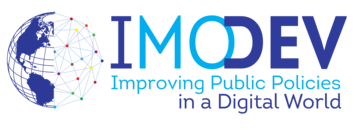Lessons and Reflections from the OGP Experience of Five Countries
Salle / Hall : Bibliothèque Sainte Barbe - Amphithéâtre
Horaire / Schedule : 13h20 - 14h50
Président de séance : Michaël Moses (Global Integrity)
Langue / Language : English
This interactive roundtable session has three objectives:
First, using
Global Integrity’s research into how the Open Government Partnership is playing out in five countries across the world as a launch pad, we aim to showcase different approaches to navigating the politics inherent to effective social accountability work, including open government reforms;
Second, we intend to give audience members an opportunity to discuss and examine whether and how those approaches already are, or might in the future, shape the ways in which they engage with the OGP in their country;
Third, we will facilitate a rich discussion of how international actors, like the OGP Secretariat, International NGOs, bilateral aid agencies, and multilateral institutions, might benefit from applying emerging approaches to social accountability work, and whether doing so would require changes to the ways they support and pursue open government reforms.
By the end of the roundtable, participants will: explore a few cutting edge, politically savvy approaches to social accountability work, from vertical integration to adaptive learning; reflect on how those approaches already do or might influence international efforts to support open government; and contribute to emerging thinking on what it might mean for international actors to more effectively integrate these approaches.
As such, this roundtable will provide a unique opportunity for both exploring emerging evidence on social accountability and open government, on the one hand, and considering how that evidence might be operationalized into the framework of OGP and similar initiatives focused on supporting governance reform.
Speech 1. Doing accountability differently through vertical integration
Joy Aceron – Center for Inclusive Governance (Philippines)
Vertical integration is a strategic approach to citizen action for accountability. It is a strategy that involves a wide variety of actions and tactics by diverse and broad actors in engaging multiple levels of decision-making. As a guide to action, it 'connects the dots' forming the needed scale to achieve lasting impact. The talk will discuss a recent study on vertical integration in the Philippines - key lessons from the study and its questions and implications on open government work moving forward.
Speech 2.
Michael Moses Director of Advocacy Global Integrity (Lead of GI/ MAVC/ OGP Project)
The Open Government Partnership is at a critical juncture. Having expanded from 11 to 70 countries in just five years, the initiative has kickstarted thousands of open government commitments across the world. However, emerging evidence suggest that, reformers working to leverage OGP face implementation challenges in their efforts to deliver open government reforms. These challenges often times emerge from the complexity of political contexts in which OGP operates. To make progress towards overcoming such challenges, reformers may benefit from thinking and working politically - trying to engage with, navigate, and shape the politics of reform in their contexts.
This presentation, using recent research from Costa Rica, Tanzania, the Philippines, Mexico, and Albania, will highlight ways in which open government reformers are already working politically in their contexts, and discuss ways in which open government initiatives, like the OGP, might more effectively strengthen such efforts - including through supporting adaptive learning - and help improve the impact and effectiveness of their in-country partners.
Speech 3. Navigating the politics: a South African CSO experience of opening government
Kota Zukiswa - Researcher, Public Service Accountability Monitor (Kazakstan)
Focusing on the work of a South African civil society organisation with a long history of promoting social accountability - the presentation will explore the importance of seeking to understand context-dependent socio-economic and political dynamics (sub-national/ national and CSO/ government) that influence reform. In particular- the presentation will seek to share challenges faced in promoting social accountability at one tier of government in South Africa and what opportunities this has fostered for working at another. A core question will be how these challenges have influenced approaches to ensuring government accountability in relation to a specific OGP commitment: opening public budgets.
The presentation will seek to foster discussion around this ongoing initiative in which adaptive learning (navigating politics and ‘managing’ unequal power bases), collaboration and social accountability tools have been key.
Acknowledging that this is very much work in progress and that the process of promoting open fiscal data through budget portals is uncharted terrain for both the lead government department and CSOs involved- a significant aim of the presentation will be to offer up an opportunity for participants to share their own experiences of working in and mapping the politics of reform.



